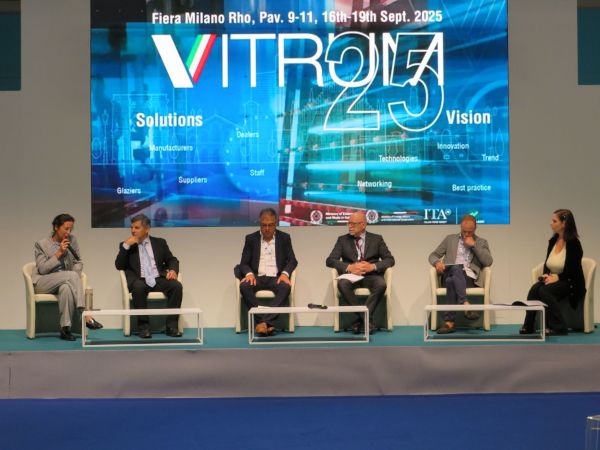
Date: 16 September 2025
A widely used and common material with a centuries-old history, today considered one of the most innovative and sustainable resources for shaping the future of many industries - from construction to automotive, through to food and beverage packaging: glass and its production supply chain will be the protagonists of Vitrum 2025, the international trade show dedicated to machines, plants, and technologies for its processing, taking place from today to September 19 in Italy, at Fiera Milano.
With more than 200 exhibitors, 30% of them international, and a wide-ranging educational program, the exhibition positions itself as a business and networking platform around the production challenges of a versatile material with strong development potential across many industrial fields. The glass supply chain in Italy is worth more than €6 billion overall (aggregate figure for glass processing, source GIMAV, and glass manufacturing, source Assovetro) and, with exports accounting for almost 70%, represents a major opportunity for Made in Italy.
“Starting with this edition, Vitrum aims not only to be a trade show for the sector, but a strategic platform where the glass industry can tangibly experience opportunities and identify new development paths,” says Lucia Masutti, General Manager of Vitrum. “We are looking at a sector that exports nearly 70% of its technologies, a true excellence of Made in Italy, reflecting the vitality of our companies and the need, in today’s complex context, to continue to focus on innovation, sustainability, and new markets.”
“The collaboration with Vitrum and GIMAV is a concrete example of how Fiera Milano stands alongside organizers to support trade shows in their growth journey. Our goal is to build, together with events, platforms capable of generating value for entire supply chains by connecting businesses and markets. With this vision of strategic partnership, this edition of Vitrum kicks off today, giving voice to a sector that represents a true manufacturing and technological excellence of our country, recognized worldwide,” comments Simona Greco, Director of Hosted Exhibitions at Fiera Milano.
This year’s edition will feature four thematic focuses: innovation and digitalization, market and internationalization, sustainability and decarbonization, training and new professional opportunities - these will be the guiding threads of an important educational program that will take stock of the sector’s prospects thanks to the involvement of international experts, research institutes, and universities.
BEYOND THE USA. SAUDI ARABIA AND MOROCCO AS NEW MARKETS FOR ITALIAN EXPORTS
For Italian manufacturers, leaders in a sector strongly oriented toward exports, Vitrum will provide a chance to discover tangible prospects for expansion into new and promising international markets, a key tool to overcome uncertainties caused by U.S. tariffs - currently the number one destination country for Made in Italy technologies. In 2024, for Hollow Glass Machinery, the United States became the leading reference market, with an exceptional increase of 122.17% compared to 2023. For Flat Glass Machinery as well, the U.S. remains the main destination, contributing positively to the trade balance with 17.5% (Source: GIMAV Sector Report 2024).
Developed in collaboration with ITA (Italian Trade Agency), the Country Focus events will pay special attention to Morocco (September 16) and Saudi Arabia (September 18).
Morocco represents a particular opportunity in relation to automotive, a sector where Flat Glass has significant application potential. Morocco’s automotive industry is highly dynamic and continuously developing, with projections for 2025 estimating export revenues of 200 billion dirhams (€46.5 million) and a production capacity of 1 million vehicles. Italian presence in Morocco’s automotive sector is already established in key economic areas such as Casablanca (Zenata, Bouskura, Sidi Bernoussi, Mohammedia), Tangier (Tanger-Med Free Zone), and Rabat (Témara, Kénitra) (Source: MAECI – Info Mercati Esteri).
Saudi Arabia is an emerging and dynamic market with significant growth potential for Italian exports (Italy, according to MAECI, is the second-largest European supplier with a 4.3% share and ninth worldwide). Exports of Italian machinery and technologies for Flat Glass, in particular, grew by +63.1% in 2024, placing Saudi Arabia eleventh among destination markets (Source: GIMAV Sector Report 2024). Flat glass is an essential component for sectors such as construction, which in the country is driven by massive public investments in new smart cities (NEOM), entertainment parks (Qiddiya), and resorts (Red Sea Project), as well as residential, school, and healthcare buildings.
The USA - which continues to play an important role for exports - will also be in the spotlight at Vitrum on September 16, with a dedicated in-depth session that will allow industry professionals to assess potential sales strategies in the complex scenario linked to tariffs. Also attending will be the new President of NGA (National Glass Association), who will engage with GIMAV and ICE Agency, providing a privileged perspective on dynamics and opportunities overseas.
Internationalization will also be the focus of a meeting with SACE and SIMEST, aimed at illustrating financial measures and tools dedicated to supporting companies’ international growth. There will also be opportunities to explore the strategic vision and potential for international market development for Italy with the contribution of GIMAV, MASE, and ITA. Completing the program are numerous opportunities reserved for attending international buyers, who will be able to meet exhibiting companies through a targeted and personalized business agenda.
SUSTAINABILITY AND DECARBONIZATION. THE GREAT CHALLENGE OF THE ENERGY TRANSITION
Technological excellence and the ability to seize market opportunities must today necessarily be tied to sustainable production models and aligned with decarbonization goals which, for an energy-intensive sector such as glass, are particularly challenging. For this reason, Vitrum will dedicate an entire day to the energy transition, on September 17, with contributions from experts, companies, and international associations. The aim is to analyze the state of the art of the sector, initiate a concrete reflection on new energy sources, and maximize the circular economy potential of processes, thanks to a fully recyclable material such as glass.
In terms of hollow glass recycling, Italy is particularly virtuous: 2,102,979 tons of packaging glass were recycled last year, up 2.8% from 2023. Over the past ten years, the amount of recycled glass has grown by 26.6%. The recycling rate reached 80.3%, exceeding the European Union’s 2030 target (75%) by more than five percentage points. This translates into significant environmental benefits: 394 million m³ of gas saved, 2.3 million fewer tons of CO₂ released into the atmosphere, and 3.8 million tons of raw materials conserved (Source: CoReVe – Italian Glass Recovery Consortium).
But enhancing circular economy practices alone is not enough: according to a study by the University of Trento, 82% of current emissions come from natural gas combustion used in melting furnaces and from energy production. To address this, solutions being explored include electrification of furnaces (reducing reliance on fossil fuels), green hydrogen (a clean alternative for powering production), the use of short-supply-chain biomass and cogeneration plants (combining energy savings with sustainability), as well as advanced technologies such as CO₂ capture systems and oxygen preheating to optimize consumption.
Assovetro has estimated that the path toward full decarbonization of Italy’s glass industry will require investments of €15 billion by 2050. Government policies and financial incentives will therefore be necessary to ensure an effective transition without compromising the sector’s competitiveness.
On September 19, attention will return to sustainability with a technical seminar on glass and construction, focusing on European regulations, the Energy Performance of Buildings Directive (EPBD IV), and CAM (Minimum Environmental Criteria), offering concrete case studies on the significant contribution glass can make to sustainable building certification.
THE NEW FRONTIERS OF PRODUCTION: AI AND MACHINE LEARNING AT THE HEART OF INNOVATION
Artificial Intelligence, Machine Learning, and advanced digitalization play an increasingly central role in industrial glass production, contributing to improved material quality and higher standards in production processes. This new approach, on the one hand, requires new highly specialized professional roles in AI, automation, and data science; on the other hand, it generates a positive impact on the sector’s sustainability, with an ever-increasing recovery rate of production waste.
Vitrum, through its exhibition offering, will spotlight the most innovative technological solutions already on the market, alongside opportunities for discussion.
On September 16, at the Vitrum Forum (Hall 9), leading Italian universities - including IUAV and Ca’ Foscari in Venice, the University of Trento, and the University of Padua - will engage with the Bruno Kessler Foundation and an excellence company like GlassForm.ai to explore the frontiers of applied research in glass.
For the first time, the exhibition will also feature the Vitrum Technology District (Hall 11), an area dedicated to scientific and technological excellence, where on September 18 MA.DE., the Competence Center of the Politecnico di Milano, will analyze and highlight the potential and application advantages of artificial intelligence, digitalization, and innovation in the glass supply chain.
NEW PROFESSIONS, BETWEEN EXCELLENCE AND SPECIALIZATION
Technological evolution, sustainable production, and new market opportunities represent a challenge for industry professionals themselves, who are called upon to evolve and develop new skills: new specialized professional roles are needed to meet increasingly advanced production standards.
For this reason, within the exhibition and with the contribution of the Stazione Sperimentale del Vetro (SSV), courses will be offered to visitors, providing concrete opportunities for technical training on Flat Glass in construction, European regulations, the characteristics of the main products (laminated, tempered, insulating), and structural and safety applications. In the Hollow Glass field, courses will instead delve into the chemical-physical properties of glass, food-contact regulations, common defects, and improvement techniques for bottling lines.
Vitrum will also offer two Masterclasses, organized in collaboration with VETROSTRUTTURALE, designed to engage players across the glass supply chain - manufacturers, processors, technicians, designers, and industrial operators. These sessions will focus on specific production processes such as Tempering & Lamination: Technologies, Materials, and Controls for High-Performance Glass and Screen Printing on Glass: Technology, Control, and Quality in the Integrated Cycle. Each session will explore production processes in detail, promoting the exchange of materials, technologies, and know-how with a concrete and practical approach.
The appointment with Vitrum 2025 is at Fiera Milano from September 16 to 19.
 600450
600450

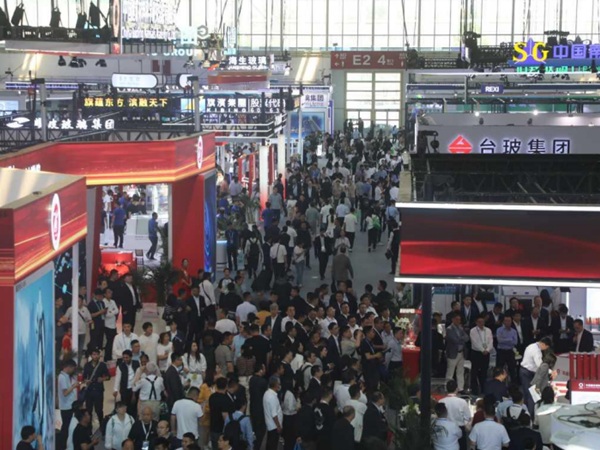
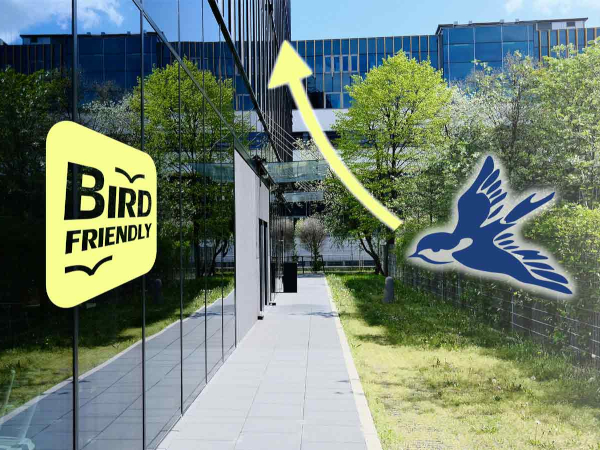
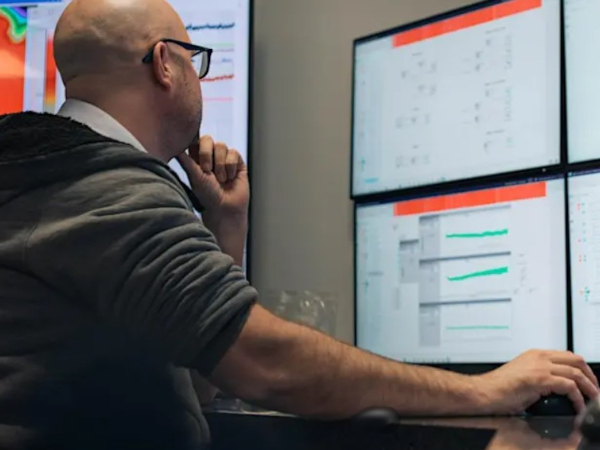

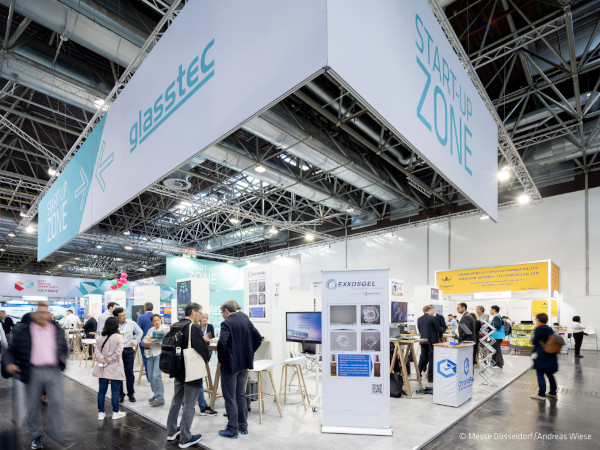
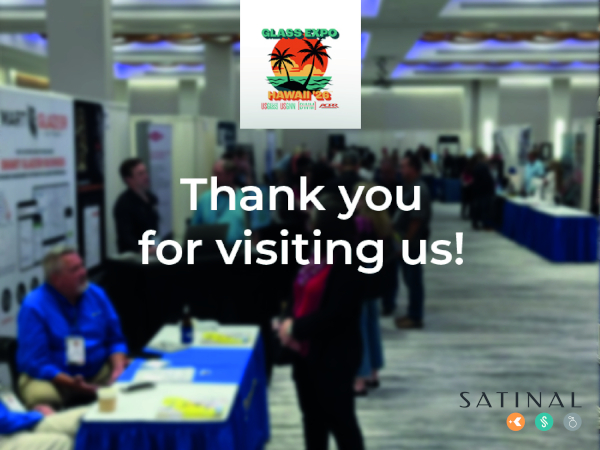
Add new comment